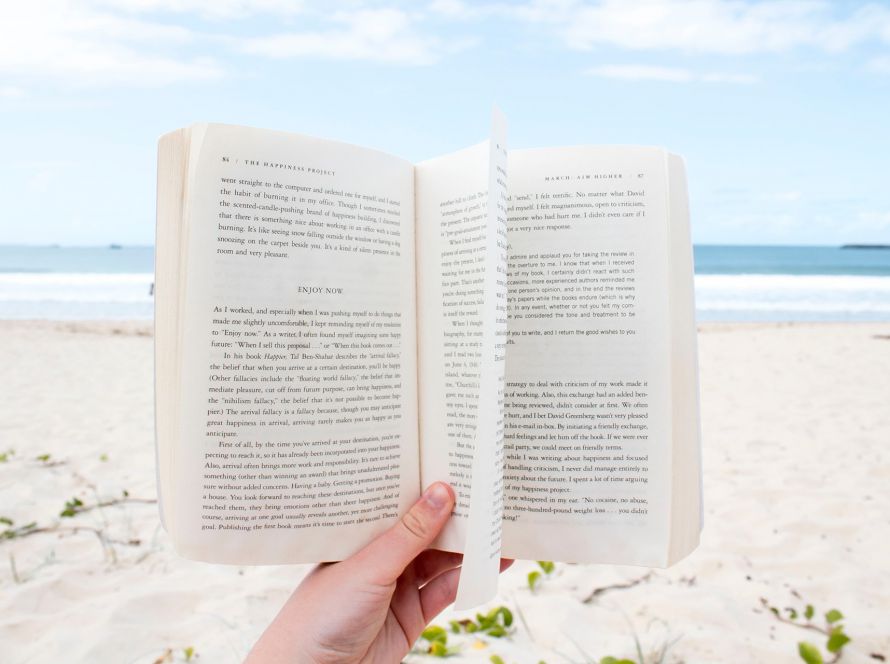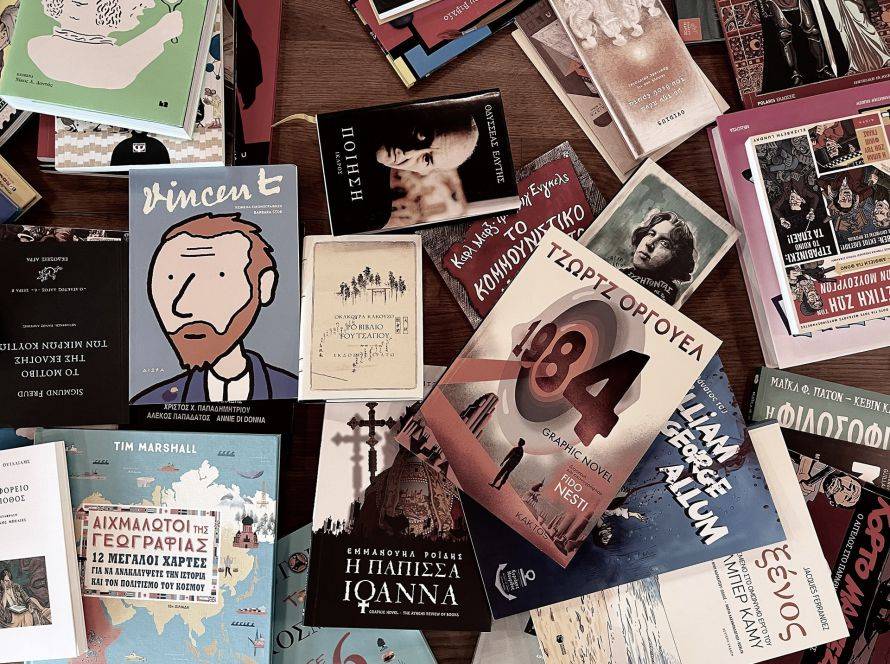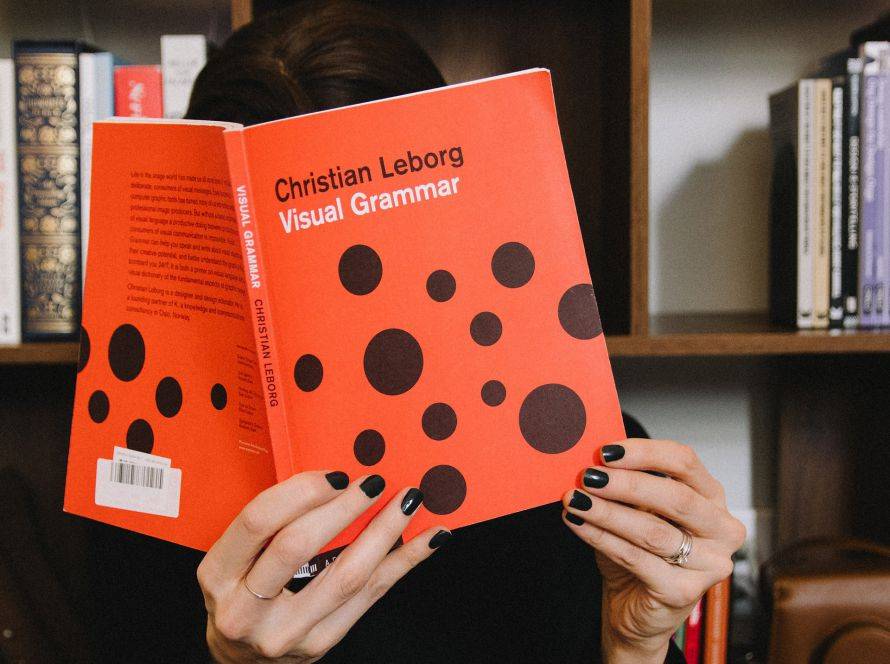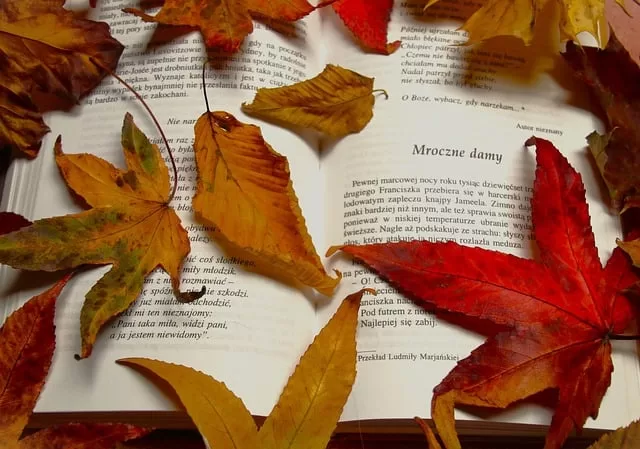
Women Poets and their Quest for Greatness
Discover the voices of the most powerful and trailblazing women poets throughout history as we shatter stereotypes and uncover their remarkable lives. In this compelling quest, we jump into the amazing stories behind these iconic figures who defied societal expectations and left an indelible mark on the world of literature. From ancient poets who challenged the constraints of their time to modern-day revolutionaries redefining the art of poetry, we celebrate their courage, creativity, and resilience.
Uncover how these exceptional women navigated a male-dominated landscape, using their words to break barriers and challenge norms. Their poems expressed personal experiences, societal critiques, and profound emotions, paving the way for future generations of women writers.
Join us on this inspiring journey as we delve into the lives of the most acclaimed women poets, celebrating their contributions, exploring their works, and appreciating their lasting impact on the literary landscape. Open your heart and mind to the rich tapestry of their words, as we honor these extraordinary women and their enduring legacies.
Stereotypes surrounding women poets
Throughout history, women poets have faced numerous stereotypes and societal biases that have often overshadowed their remarkable contributions to the literary world. One of the most pervasive stereotypes is the notion that poetry is a predominantly male-dominated field, where women’s voices are often silenced or marginalized. This misconception stems from the historical dominance of male writers and the persistent gender imbalance in the literary canon, which has long favored the works of men over those of women.
Another common stereotype is the perception of women poets as emotional, sentimental, or limited in their thematic and stylistic range. This narrow view fails to acknowledge the diverse experiences, perspectives, and artistic expressions that women poets have brought. Women poets have consistently challenged and expanded the art form’s boundaries, from political and social commentary to philosophical explorations and groundbreaking experimentation with poetic forms.
Furthermore, women poets have often been subjected to the stereotype of being primarily concerned with domestic or personal themes, rather than engaging with broader societal and intellectual discourses. This reductive view overlooks how women poets have used their work to address complex issues of gender, power, and social justice, often at great personal and professional risk.
Overcoming obstacles: The journey of women poets
The journey of women poets has been marked by a constant struggle to overcome the numerous obstacles and challenges that have stood in their way. From a lack of access to education and literary spaces to outright discrimination and marginalization, women poets have had to navigate a male-dominated literary landscape that has long been resistant to their voices and perspectives.
Despite these formidable barriers, women poets have persevered, using their art as a powerful tool for self-expression, and social change, and asserting their rightful place in the literary canon. Many have had to fight against the expectations of their families and communities, who may have viewed poetry as an unsuitable or even unacceptable pursuit for women.
Yet, these trailblazing poets refused to be silenced, drawing strength from their own lived experiences and the rich traditions of women’s writing that came before them. Through their unwavering determination and creative brilliance, they have shattered stereotypes, challenged societal norms, and paved the way for future generations of women writers to thrive.
Highlighting the achievements of renowned women poets
Throughout history, women poets have made remarkable contributions to the literary landscape, leaving an indelible mark on the art form and the broader cultural discourse. From ancient civilizations to the modern era, these exceptional women have used their poetic voices to express their personal experiences, challenge social and political injustices, and explore the complexities of the human condition.
One of the most celebrated women poets of the ancient world is Sappho, a Greek lyric poet who lived on the island of Lesbos during the 6th century BCE. Sappho’s poetry, which often focused on themes of love, desire, and the lived experiences of women, has been praised for its emotional depth, technical virtuosity, and profound insights into the human experience. Even though only fragments of her work have survived, Sappho’s legacy has endured, and she is widely regarded as one of the greatest poets of the ancient world.
Another trailblazing woman poet is Phillis Wheatley, an enslaved African American woman who published her first book of poetry, “Poems on Various Subjects, Religious and Moral,” in 1773. Wheatley’s work, which drew on classical and biblical themes, was groundbreaking in its time, as it challenged the prevailing stereotypes about the intellectual and creative capacities of enslaved people. Her poetry has been celebrated for its elegance, erudition, and the way it powerfully articulated the experiences of marginalization and oppression.
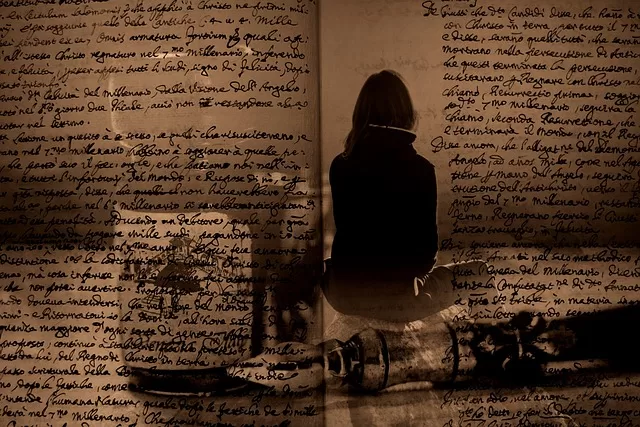
Analyzing the Impact of women poets on literature and Society
The contributions of women poets to the literary landscape have been far-reaching and profound, shaping not only the art of poetry but also the broader cultural and social discourse. Through their powerful words and innovative approaches to the craft, these extraordinary women have challenged and expanded the boundaries of what is possible in poetic expression.
One of the most significant impacts of women poets has been their ability to give voice to the lived experiences and perspectives of marginalized groups, particularly women. By drawing on their personal histories and the collective experiences of their communities, women poets have used their art to shed light on the realities of gender-based discrimination, social injustice, and the complexities of identity.
In doing so, they have elevated the status of women’s writing and played a crucial role in the larger struggle for gender equality and social transformation. Through their poems, women poets have challenged patriarchal norms, subverted traditional power structures, and amplified the voices of those historically silenced or overlooked.
Moreover, the impact of women poets extends beyond the realm of literature, as their work has often been closely intertwined with broader social and political movements. From the Harlem Renaissance to the feminist and civil rights movements, women poets have used their art as a powerful tool for social and political change, inspiring and mobilizing communities to confront and dismantle oppressive systems.
The lesser-known women poets and their contributions
While the works of many renowned women poets have been widely celebrated and studied, there are countless other women poets throughout history whose contributions have been largely overlooked or forgotten. These lesser-known figures have played a vital role in shaping the literary landscape, yet their stories and achievements have often been overshadowed by the more prominent names in the canon.
One such poet is Philomena Dailey, an African American woman who lived in the early 20th century. Dailey’s poetry, which explored themes of racial identity, social justice, and the human experience, was widely published in local and regional newspapers during her lifetime, but her work has since faded into obscurity. By rediscovering and celebrating the legacy of Philomena Dailey and other lesser-known women poets, we can expand our understanding of the rich and diverse tapestry of women’s writing throughout history.
Another example is Lola Ridge, a New Zealand-born poet who immigrated to the United States in the early 20th century. Ridge’s poetry, which often focused on themes of social and political activism, was deeply influenced by her experiences as a woman and an immigrant. Despite her significant contributions to the American poetry scene, Ridge’s work has largely been overlooked in the mainstream literary canon, and her name is not as widely recognized as some of her contemporaries.
The relevance of women poets in the modern era
In the modern era, the voices of women poets continue to be deeply relevant and impactful, as they grapple with the pressing social, political, and cultural issues of our time. From the ongoing struggles for gender equality and racial justice to the urgent need to confront the global challenges of our era, women poets have used their art to shed light on these critical issues and to inspire change.
One of the most prominent examples of this is the work of Rupi Kaur, a contemporary Canadian poet whose collections “Milk and Honey” and “The Sun and Her Flowers” have resonated with millions of readers around the world. Kaur’s poetry, which often explores themes of trauma, healing, and the power of self-love, has struck a deep chord with readers, particularly young women, who have found solace and empowerment in her words.
Similarly, the work of Claudia Rankine, an acclaimed American poet and essayist, has tackled the complex and often painful realities of race and racism in the United States. Rankine’s groundbreaking book “Citizen: An American Lyric” has been praised for its innovative use of form and its powerful exploration of the lived experiences of Black Americans, challenging readers to confront the systemic injustices that continue to shape our society.
These are just a few examples of how women poets in the modern era are using their art to amplify marginalized voices, challenge dominant narratives, and inspire meaningful social change. By continuing to push the boundaries of poetic expression and to engage with the most pressing issues of our time, these women are ensuring that the legacy of women’s poetry remains vital and relevant.
Studying the themes and styles of women poets’ works
The works of women poets throughout history have been marked by a rich diversity of themes, styles, and artistic approaches, reflecting the breadth and depth of their lived experiences and creative visions. From the lyrical and introspective to the politically charged and experimental, the poetry of women has consistently challenged and expanded the boundaries of the art form.
One of the most prominent themes that has emerged in the works of women poets is the exploration of gender and identity. Many women poets have used their art to grapple with the complexities of womanhood, challenging societal expectations and confronting the realities of gender-based discrimination and oppression. Poets like Adrienne Rich, Audre Lorde, and Sylvia Plath, for example, have delved into the personal and political dimensions of their identities as women, using their poetry to assert their autonomy and to demand recognition and respect.
Another key theme in the works of women poets is the celebration and exploration of the natural world. Poets like Mary Oliver and Lucille Clifton have used their art to capture the beauty, complexity, and interconnectedness of the natural environment, often drawing parallels between the rhythms of the natural world and the human experience. In doing so, they have not only celebrated the wonders of the natural world but have also used their poetry to advocate for environmental stewardship and sustainability.
In terms of style and form, women poets have also made significant contributions to the evolution of poetic expression. From the lyrical and narrative-driven poems of Gwendolyn Brooks to the experimental and avant-garde works of Gertrude Stein, women poets have consistently pushed the boundaries of what is possible in the realm of poetic form and language. By embracing a wide range of stylistic approaches, from the use of free verse to the incorporation of visual elements, women poets have expanded the expressive potential of the art form and have inspired generations of writers to come.
Celebrating the legacy of women poets
As we reflect on the extraordinary lives and works of the most acclaimed women poets throughout history, it is clear that their legacies have left an indelible mark on the literary landscape and the broader cultural discourse. These trailblazing figures have used their art to challenge stereotypes, amplify marginalized voices, and inspire meaningful social change, paving the way for future generations of women writers to thrive.
From the raw emotional power of Sylvia Plath’s poetry to the political and social commentary of Audre Lorde, the works of these remarkable women have touched the hearts and minds of readers around the world. By exploring the complexities of gender, identity, and the human experience, they have not only elevated the status of women’s writing but have also expanded our understanding of the human condition.
Moreover, the legacy of these women poets extends far beyond the realm of literature, as their art has been deeply intertwined with broader social and political movements. From the feminist movement to the civil rights struggle, these poets have used their words to challenge oppressive systems, advocate for justice, and inspire meaningful change.
As we celebrate the lives and works of these extraordinary women, it is important to recognize that their legacies continue to resonate in the present day. The themes and styles that they have explored continue to shape the literary landscape, inspiring new generations of writers to grapple with the most pressing issues of our time. By honoring their contributions and amplifying their voices, we can ensure that the rich tapestry of women’s poetry remains a vital and enduring part of our cultural heritage.
Breaking barriers and inspiring future generations
In the face of countless obstacles and societal biases, the women poets whose stories we have explored have consistently defied expectations and shattered stereotypes, using their art to assert their rightful place in the literary canon and to inspire meaningful change. From the ancient world to the present day, these trailblazing figures have left an indelible mark on the art of poetry, challenging the boundaries of what is possible and inspiring generations of writers to come.
As we celebrate the lives and works of these remarkable women, it is clear that their legacies continue to resonate in the present day, shaping the literary landscape and the broader cultural discourse. By amplifying their voices and honoring their contributions, we can ensure that the rich tapestry of women’s poetry remains a vital and enduring part of our cultural heritage.
Moreover, the stories of these women poets serve as a powerful reminder of the transformative potential of art and the written word. Through their poems, they have not only expressed their personal experiences and perspectives but have also used their art as a tool for social and political change, challenging oppressive systems and advocating for justice.
As we look to the future, it is our responsibility to build upon the legacies of these extraordinary women, to continue pushing the boundaries of poetic expression, and to empower the next generation of women writers to find their voices and to use their art to change the world. By doing so, we can ensure that the spirit of these trailblazing poets lives on, inspiring and empowering generations to come.


